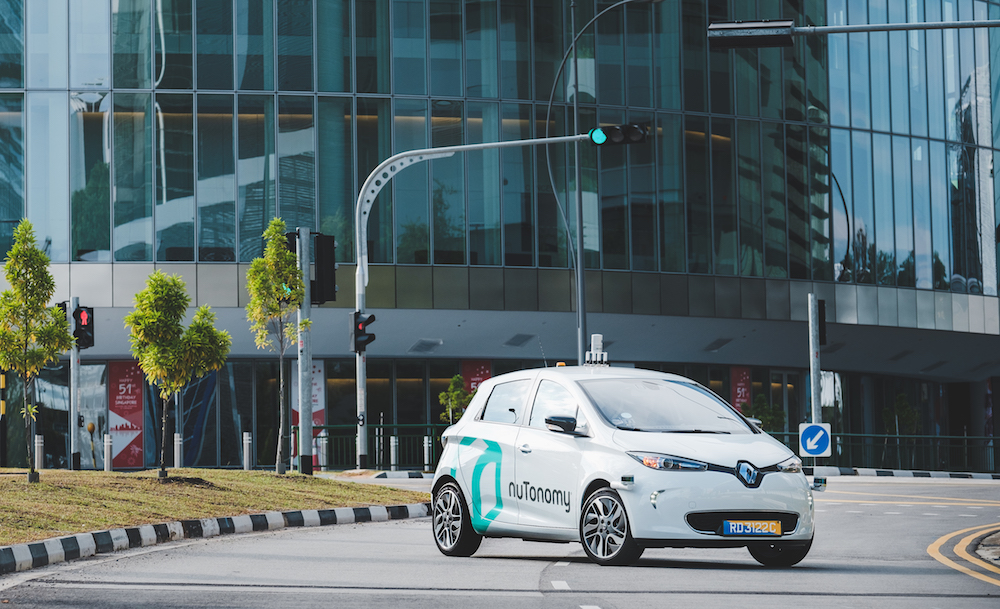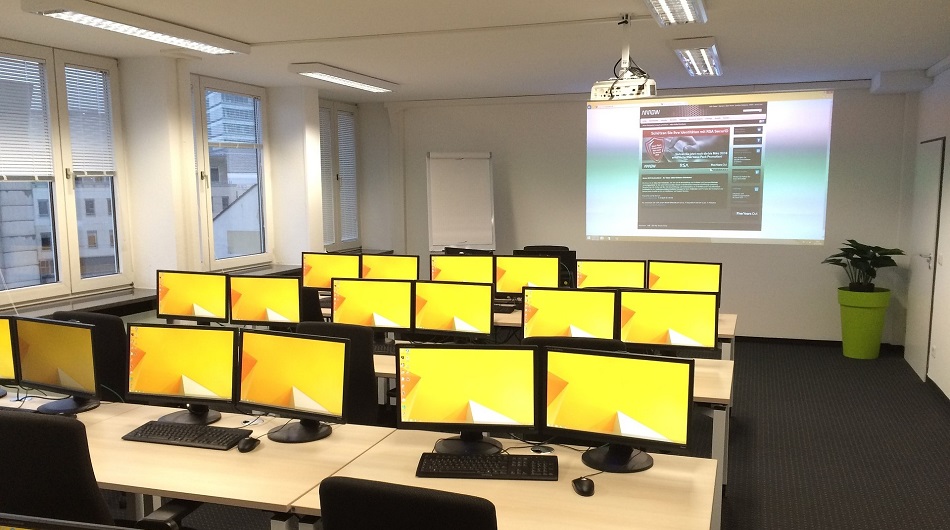
Photo credit: David Russo.
One thing no one can say about Singapore’s government is that it stays idle. The little island state at the southernmost end of the Malaysian peninsula has used its remarkable agility since the 60s to compensate for its small size and lack of natural resources.
Yesterday, the government revealed how it plans to do it again in the face of a slowing economy and political disarray in Europe and the United States. A 30-member committee co-chaired by Finance Minister Heng Swee Keat and Minister for Trade and Industry S Iswaran worked for a year to produce a series of proposals on how Singapore can thrive in this uncertain future.
The report highlights seven key sectors that will help Singapore maintain its momentum.
The Report of the Committee on the Future Economy highlights seven key sectors that will help Singapore maintain its momentum in the coming years.
The sectors are: finance, hub services, logistics, urban solutions, healthcare, the digital economy, and advanced manufacturing.
The report goes on to make a series of recommendations, some of which address concerns that Singapore’s startup ecosystem has voiced many times in the past couple of years.
Attract more investment
The report outlines the need for more capital for businesses and recommends making things easier for venture capital firms to operate in Singapore. Simplifying the regulatory framework for VCs is suggested (for example, the process of starting a new VC fund, which now takes six months to a year).
Singapore must also encourage more private equity firms to set up shop in order to address a significant financing gap for the country’s enterprises.
At the same time, the government itself needs to help high-growth businesses flourish by making it easier for them to connect with networks, access technology, and secure funding.
Enhance Singapore’s digital and tech capabilities
Data science and cybersecurity are mentioned in the report’s recommendations for a more digitally capable Singapore. This involves both education as well as practical application.
For example, it recommends that the country’s full-time service men and women be trained in cybersecurity, “given the strategic importance of cybersecurity to the economy as well as national security.” That’s some outside-the-box thinking!
The report recommends the increase of Singapore’s digital connectivity, with projects such as the HetNet plan (for seamless and uninterrupted internet access through mobile data and wifi). This is in line with its Smart Nation ambition.
Singapore also needs to build up its expertise and even be ready to export it – its test beds for technologies like driverless cars are mentioned as an example.

Singapore’s One North area has been used for testing of driverless vehicles by companies like Nutonomy. Photo credit: NuTonomy.
Embrace technological changes
The report mentions Uber and Grab as examples of tech supplanting old industries. Artificial intelligence and robotics are also technological advancements that will bring about rapid change.
The committee cautions that this change will birth new industries that defy current classifications. Singapore must be ready to take advantage of them instead of standing in their way.
The government should also monitor how industries transform through technology, the report says, highlighting logistics, retail, and healthcare as examples.
Educate for the future
The need to equip Singaporeans with the necessary skills for tomorrow’s job market has been stressed for a while now through schemes like SkillsFuture. The report recommends that more is done for people to upgrade their skills in the face of more automation and the replacement of many jobs by technology.
It also highlights the need for building up talent from early stages. For example, online platforms can help plan one’s education according to the jobs they’re interested in.

Online classes can be used to teach new skills and plan one’s education. Photo credit: Pixabay.
Connect and collaborate
The report suggests that Singaporean universities and companies collaborate with global innovation hubs and set up more “innovation launchpads” to bring together local and foreign startups and entrepreneurs. It calls this a “Global Innovation Alliance.”
It also highlights the need to maintain Singapore’s relationship with foreign innovators that can bring outside knowledge and expertise to the country. Keeping international connections alive and cross-border markets open is vital to the city-state’s economy.
At the same time, Singaporean corporate leaders are encouraged to learn abroad and bring the expertise they’ve gained back to the country.
This post Singapore just released a massive report on its future economy. Here’s a summary. appeared first on Tech in Asia.